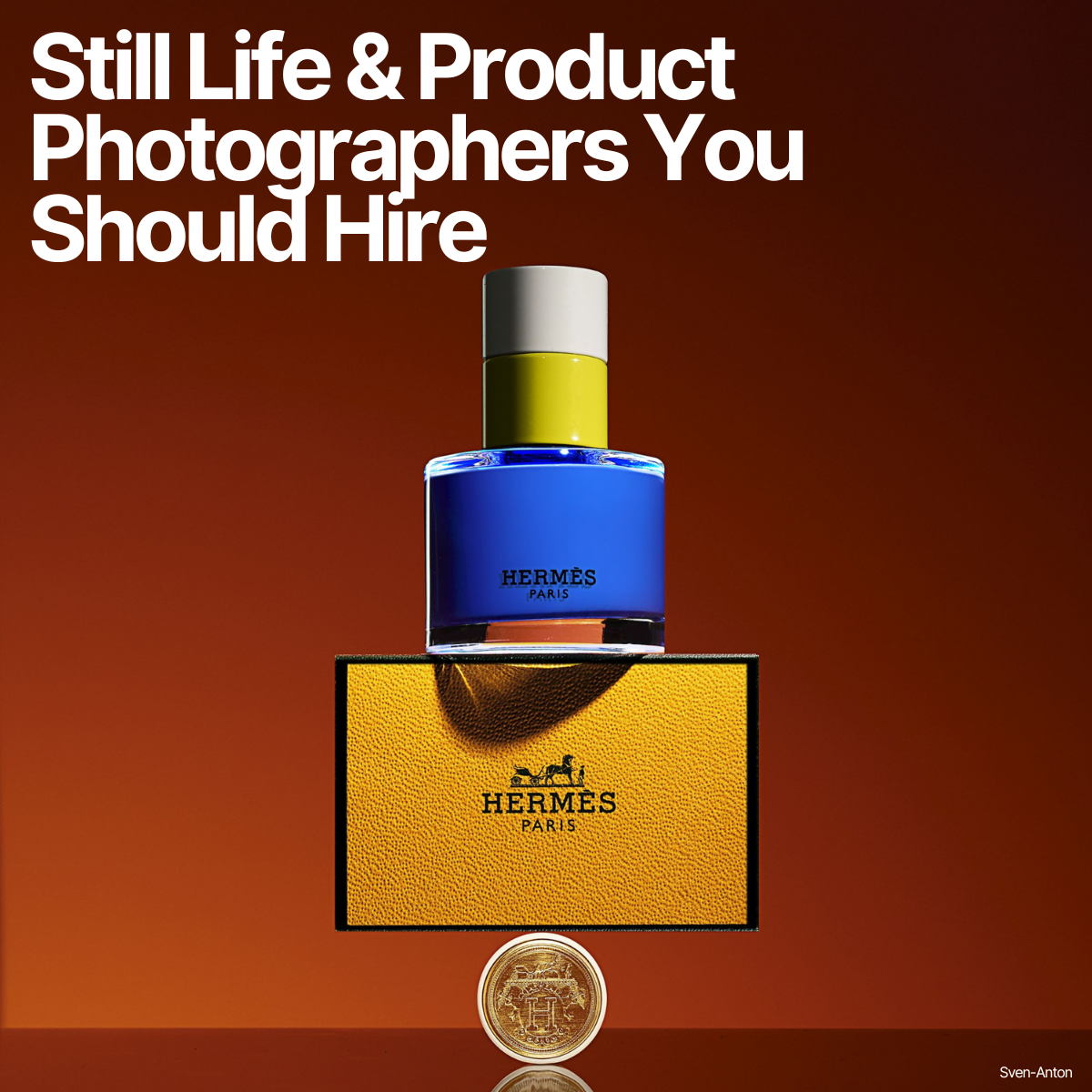MaryAnn Corpuz is an Imaging Marketing Manager at Sony, and creative leader who believes in the power of authenticity, empathy, and open communication. From learning to speak up in boardrooms to championing emotionally resonant storytelling, MaryAnn’s journey reflects a deep commitment to purpose-driven creativity. As a judge for Production Paradise, she brings a keen eye for human-centered work, valuing emotional impact just as much as execution. In this interview, she opens up about trusting her voice, the role of research and collaboration in her process, and how she defines success on her own terms. She has been recognized as a judge in the People & Lifestyle and Travel Documentary and Landscape for the Spotlight Awards.
What’s the biggest challenge you’ve faced, and how did you overcome it?
When I first started in the corporate world, I was often scared to voice my opinions and worried about what others might think. But one day, I woke up and realized that if I wanted to create change, I needed to speak up. From that moment, I began to build the confidence to trust my perspective and share my ideas—even though I knew not all ideas would go through, and I had to be ok with that. I learned that my unique voice adds value, and honest communication are strengths. Most importantly, I understood that in the end, it’s me that I need to make happy—not anyone else. Embracing this mindset opened new doors for opportunities and personal growth.
What skills do you believe are most critical for success in this role?
For me, one of the most important skills as a judge for Production Paradise is having a truly open mind. Art isn’t about checking boxes—it’s about emotion, perspective, and the story behind the frame. Every photographer sees the world differently, and as a judge, it’s my responsibility to see what story the person is trying to tell. While technical execution matters, it’s often the unexpected, the imperfect, or the deeply personal that leaves the strongest impact. I want to feel the passion they put into their work—that’s what connects us, and that’s what makes an image unforgettable.
What do you believe is the role of creativity in shaping society and culture?
Creativity is the heartbeat of society and culture—it’s how we express our values, challenge the status quo, and imagine new possibilities. Through creativity, we tell stories that connect us, spark empathy, and inspire change. It reflects who we are, both individually and collectively, and pushes culture forward by introducing fresh ideas and perspectives. Creativity breaks down barriers, gives voice to the unheard, and helps us see the world through different lenses. Without it, society would stagnate; with it, we evolve, grow, and find meaning.
How do you find inspiration outside of your industry?
I find inspiration everywhere—from the quiet moments of driving to work, everyday life, in my surroundings, and especially through the people around me. My family and friends constantly remind me of what matters most, and their stories, energy, and resilience often spark new creative ideas. I’m also deeply inspired by creators in other disciplines—musicians, writers, designers—who express emotion and perspective in ways that push me to see things differently. Sometimes it’s a conversation, a song, a quote, or even a walk with my dog that unlocks something. Inspiration doesn’t always have to be grand—it just has to be real, relatable, and emotional.
What role does research play in your creative process?
Research is the foundation of my creative process as a marketer. To create work that truly connects, I need to deeply understand who my audience is—their needs, desires, and challenges. Research helps me uncover what messaging will resonate, how best to communicate it, and which channels to use. It informs every decision, ensuring that creativity isn’t just about aesthetics but also about strategy and impact. By grounding my ideas in solid insights, I can craft authentic, relevant, and compelling stories that engage and inspire.
How do you measure your success beyond traditional metrics?
For me, sometimes success isn’t just about numbers or recognition—it’s about impact, connection, and growth. I measure success by how others or my work makes people feel, the conversations it sparks, and the community it helps build. If something I create resonates with someone, inspires them, or makes them feel seen, that’s a win. I also look at personal growth—am I evolving creatively, staying curious, pushing myself in new ways, and learning something new? Those are the moments that remind me I’m on the right path, even if they can’t be measured on a chart.
How do you ensure all voices on a team are heard during the creative process?
I believe the best ideas come from diverse perspectives, so I make it a priority to actively listen. I also try different ways to gather input—whether through group discussions, one-on-one chats, or written feedback—to make sure everyone’s voice is captured. When people feel genuinely heard and valued, it brings out the best in the team and leads to richer, more creative outcomes.
How do you handle disagreements or creative conflicts within a team?
When conflicts come up, I try to remember that everyone’s perspective is shaped by their own experiences and passions. I make a conscious effort to listen fully and understand where others are coming from, even if I don’t initially agree. For me, it’s less about “winning” and more about finding a solution that feels right for the whole team. Sometimes that means compromising, sometimes it means standing firm—but always with respect and open communication. I’ve found that when we focus on the bigger goal instead of individual differences, those tough conversations become opportunities for better ideas and stronger teamwork.
What makes for an ideal collaboration?
An ideal collaboration starts with an open mind and a willingness to truly listen. Everyone brings something different to the table—perspectives, strengths, and ideas—and the best outcomes happen when each person feels heard and respected. It’s not about one voice being louder than the others; it’s about creating something stronger together. Even when there are differences, I believe in finding a resolution that works for everyone. Trust and clear communication are key too—when people feel safe to share openly, that’s when creativity really thrives.
What’s one piece of advice you wish you could give your younger self?
I would tell my younger self to stop worrying about what others think. In just a short time, most people will have forgotten their judgments and moved on—but you will carry the weight of regrets if you don’t follow your true passion. Trust yourself, take the risk, and pursue what feels right for you—not what fits someone else’s expectations. When you honor your authentic voice and embrace your own path, that’s where real growth, fulfillment, and happiness begin.
MaryAnn Corpuz’s story is a powerful reminder that creativity thrives when we show up fully—as thinkers, feelers, and listeners. Her thoughtful approach to leadership, collaboration, and visual storytelling sets the tone for a new kind of success—one rooted not just in metrics, but in meaning.
The Spotlight Awards 2025 are now accepting entries until July 31st—photographers from around the globe can submit work across 15 categories, judged by leading industry experts, with over $55,000 in prizes and worldwide exposure.


%20(2100%20x%20405%20px).png)


